Shocking Study Shows One Third of World’s Protected Areas Degraded by Human Activities
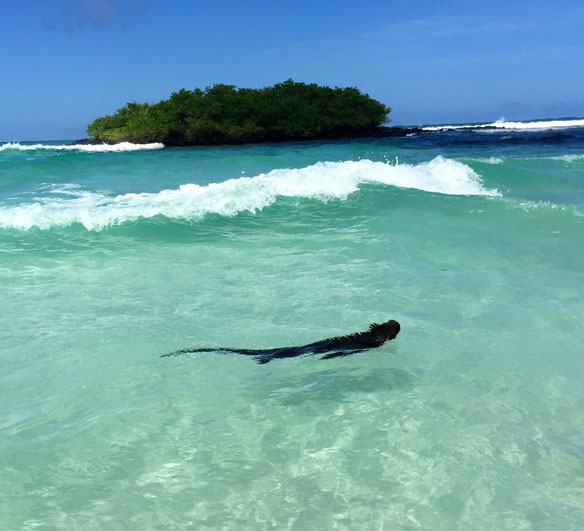
A shocking study confirms that one third of the world’s protected areas — an astonishing 2.3 million square miles or twice the size of the state of Alaska – are now under intense human pressure including road building, grazing, and urbanization.
Republican congressman explains sea-level rise: it’s rocks falling into the sea
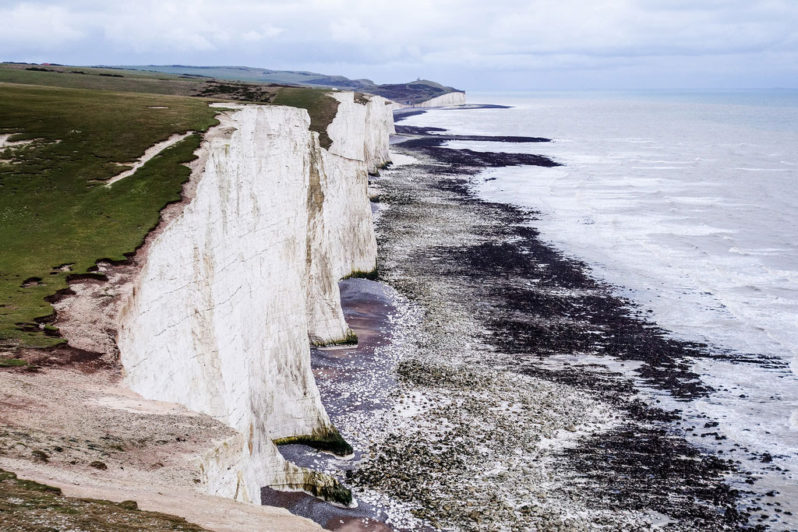
Member of Congress has suggested that the White Cliffs of Dover tumbling into the English Channel was causing rising sea levels, pushing back at the notion that rising sea levels were the result of global warming.
A softer approach, living shorelines as an alternative to a hardened coast
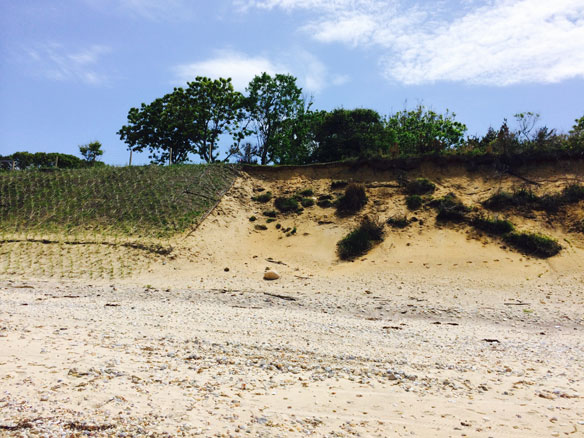
Research over the last decade points toward the pursuit of living shorelines for coastal landowners seeking erosion control.But, with regulatory lag and miles of shoreline lost each year to harsh structures, it’s not always easy.
Alien Waters: Neighboring Seas Are Flowing into a Warming Arctic Ocean
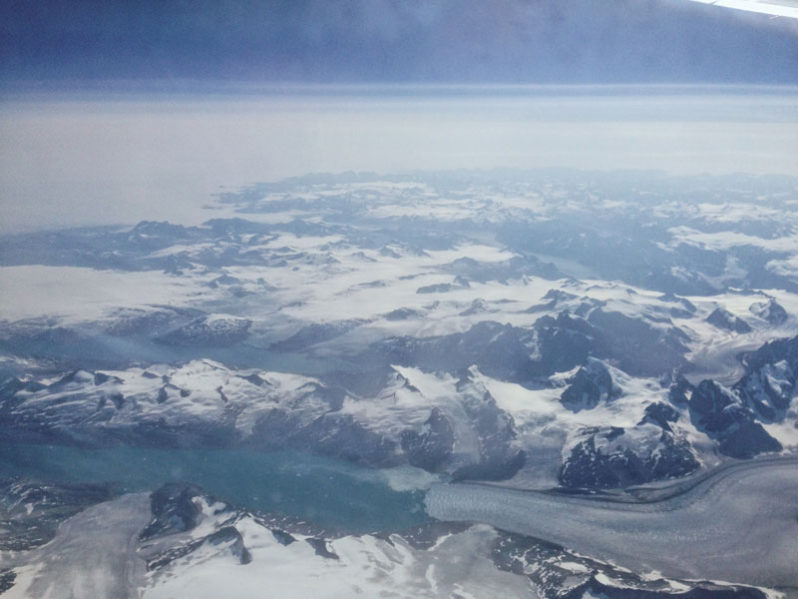
The “Atlantification” and “Pacification” of the Arctic has begun. As warmer waters stream into an increasingly ice-free Arctic Ocean, new species — from phytoplankton to whales — have the potential to upend this sensitive polar environment.
United Arab Emirates: Entering into a Sustainable Future
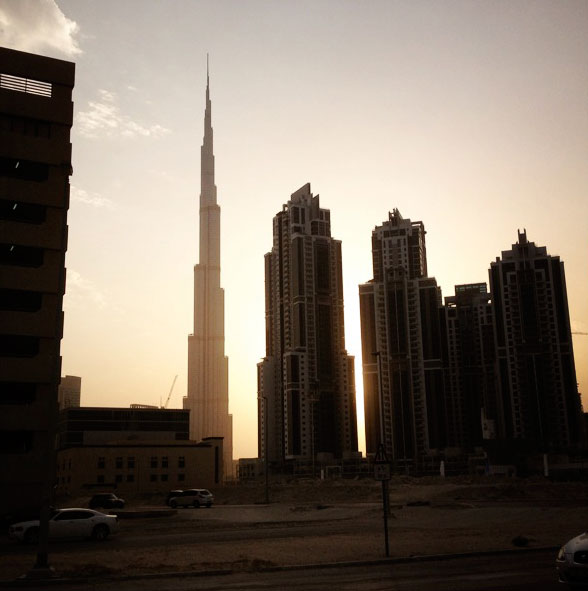
Wealth in the UAE is derived mainly from oil but the black gold will run out someday soon. For this reason, the UAE, similar to other petro-rich countries in the region, is activating a list of strategies to build a new framework for the future. This framework aims to be run only by renewable energies but keeping the same level of wealth, if not improving it. T
USGS Tracks How Hurricane Floodwaters Spread Non-Native Freshwater Plants and Animals

Hurricanes Harvey, Irma, Maria, and Nate may have spread non-native freshwater plants and animals into new water bodies, where some of them can disrupt living communities or change the landscape. Storm surges and floodwaters can quickly spread non-native aquatic species into waterways where they weren’t found before. They can even create temporary freshwater zones in saltwater environments
In pictures: Kenya’s coastal conservation heroes
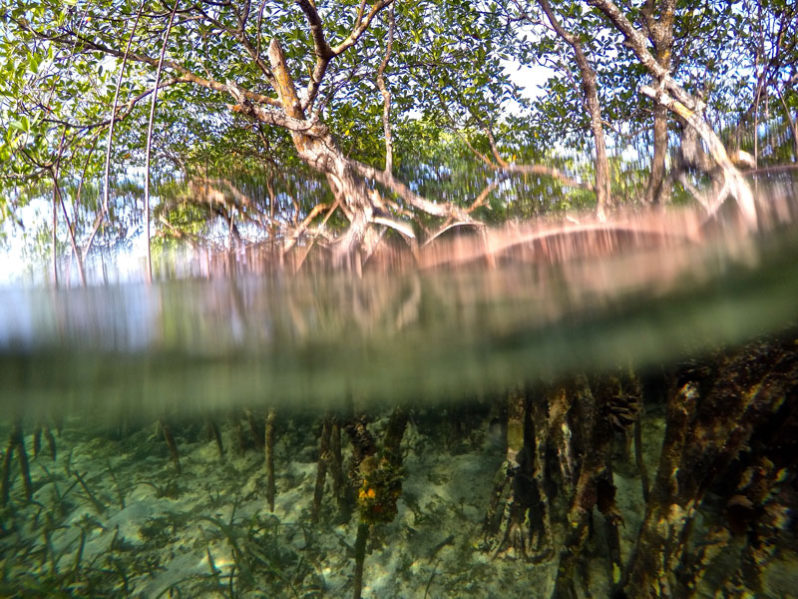
Just 30 km south of the booming port town of Mombasa, residents of two tranquil Kenyan villages are making history. Here, amongst the mud-walled houses and coconut trees, the people of Gazi and Makongeni villages have become the world’s first communities to harness the carbon market through mangrove conservation.
The Baltic Sea as a time machine
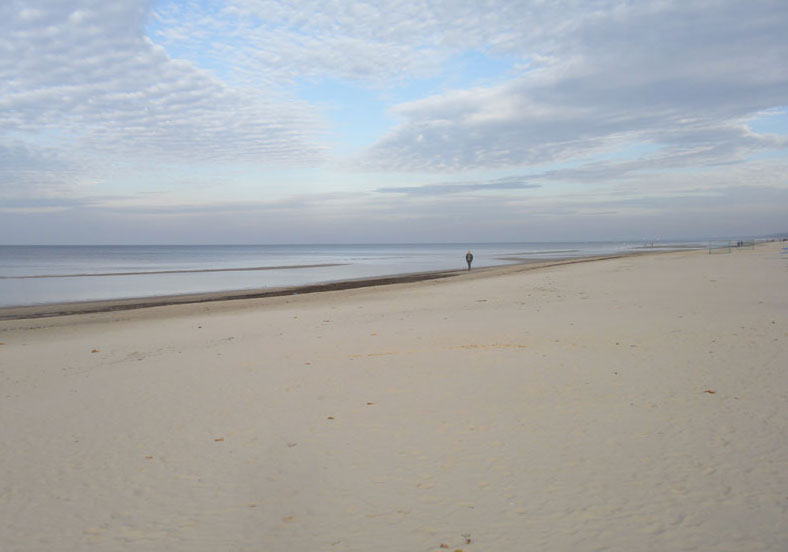
Warming, acidification, eutrophication, and the loss of oxygen are examples of major changes being observed or expected for the future in coastal zones around the world. These processes are occurring in the Baltic Sea at a much faster pace than in other regions.
New model could help rebuild eroding lands in coastal Louisiana
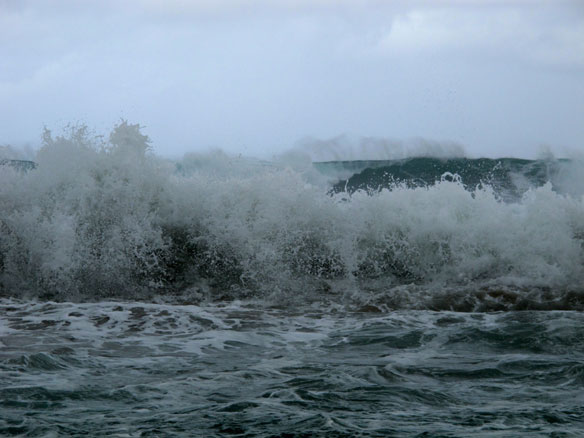
As coastal lands in Louisiana erode, researchers, environmentalists and engineers are all searching for ways to preserve the marsh coastline.
